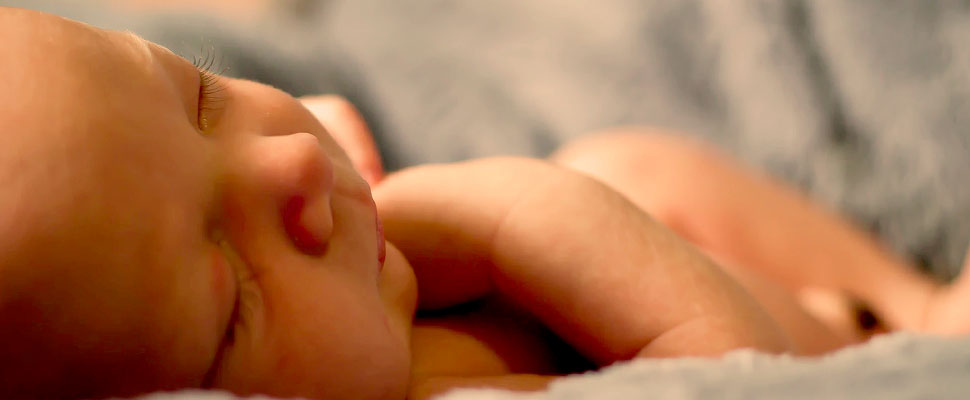Baby’s allergies: which are the most common and how to treat them?
Listen this article
Although allergies in babies are quite common and harmless, it is possible to reduce the risk and help them feel better

Allergies in newborn babies are quite common due to the delicacy of their skin. Although some of these may present risks, most are harmless, but you should not stop paying attention to them.
Leer en español: Alergias en tu bebé: ¿cuáles son las más comunes y cómo tratarlas?
One of the most common is toxic erythema, which appears, according to Medline Plus, in about one of three babies during the first hours of life and lasts up to the fourth week, in most cases.
The main symptom is a rash of small bumps with a yellow appearance, surrounded by reddened skin, on the face, middle part of the body, upper arms, and thighs.
You may also be interested: Sudden death syndrome in babies: what is it and how to prevent it?
Although the toxic erythema of the newborn does not require any treatment and it is a benign process that has no complications or sequelae , it is important that you hydrate your baby correctly and go to a pediatrician who can rule out other skin lesions that can lead to complications for the health of the baby.
Why do allergies appear?
According to TÚA SAÚDE, although many of these are completely natural, given the delicacy of your baby's skin allergies can be presented by:
1. Food: if after the ingestion of a certain food, your baby has reddish spots that cause itching.
2. Fabrics such as wool, flannel, nylon or synthetic fabric that do not allow your baby's skin to breathe properly.
3. Excessive heat caused by excessive exposure to the sun or wearing a lot of clothing that suffocates the pores and causes a rash on the neck, under the arms or in the diaper region.
4. Chemical agents such as talc, shampoo or moisturizers that can irritate your baby's skin.
You may also be interested: How safe is caffeine during pregnancy
What can I do if my baby has allergies?
• Avoid pets and plants inside your home
• Keep windows closed during the pollen season, especially on dry and windy days
• Keep the house clean and dry to reduce mold and dust mites
• Avoid things you already know that cause an allergic reaction to your child
• Avoid people around you smoking near your child, especially at home or in the car
• Talk to your pediatrician to recommend effective medications that can be used to relieve and prevent your child's allergy symptoms
LatinAmerican Post | Luisa Fernanda Báez
Translated from "Alergias en tu bebé: ¿cuáles son las más comunes y cómo tratarlas?"





